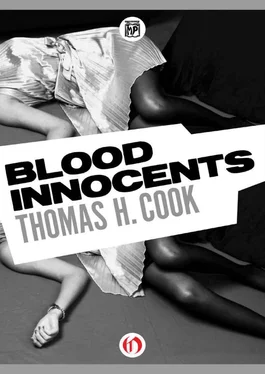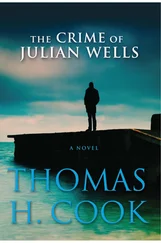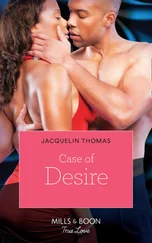Piccolini’s face turned serious. “You don’t know?”
Reardon stared menacingly into Piccolini’s face. “What is it?” he asked coldly.
Piccolini cleared his throat and looked Reardon straight in the eyes. “Petrakis killed himself. He slashed his wrists in the Tombs. Bled to death.”
For a few spiraling seconds, Reardon could have sworn that the earth shifted under his feet. It was like that moment on the corner of Park Avenue when he had lost his bearings and had not known where he was.
But it was laced with a deeper sense of loss, a fundamental helplessness more awesome and devastating.
Reardon walked out of Piccolini’s office and left the station house. He kept on walking until the chill wind seemed to scatter everything. And as he walked he tried to gather in the loose ends of the case like windblown strands of hair. He wanted to isolate what had happened, know about it in some fundamental way. But it was all too jumbled in his mind. All that he could capture of it was a sense of its enormity and impenetrable complexity. Something about wealth and power was here, and something about poverty and weakness, but Reardon recognized that he did not have the means to make sense of it.
And so he walked until afternoon became late afternoon, and late afternoon became night. He walked through the city, but he knew that he no longer really saw it. All those forms and structures and routines and functions that once had given it a certain dreadful stability were dissolving. Everything seemed in the process of closing in, and yet, at the same time, suspended precariously between chaos and absolute rigidity. Some great engine had crushed Andros Petrakis, but Reardon could not draw its image in his mind. Whatever it was, he knew that no interrogation room could contain it.
Finally he sat down on a bench in the Children’s Zoo and gazed at the silent, empty cage of the fallow deer. He was exhausted. He did not know what he would do tomorrow, or the next day, or any day after that.
After a while he rose and walked up the stairs to Fifth Avenue. A sidewalk newsstand stood to his left and he stopped to buy a newspaper, more as a gesture of tribute to his father than anything else, remembering how on that day long ago when he was still a child his father had defended the blind newsdealer, how he had struck out in the wild and hopeful gesture of a questioner of Cain.
Reardon pulled a ten-dollar bill from his wallet and placed it in the newsdealer’s hand. “ Daily News, please.”
“A single, sir?” the newsdealer asked.
Only then did Reardon see that the man was blind. For a moment he stared at the white, sightless eyes and the slight palsied trembling of the hand that held the bill.
“Yes,” he said, then, with an inexplicable feeling of resistance and renewal, “yes, it’s a single.”
All rights reserved under International and Pan-American Copyright Conventions. By payment of the required fees, you have been granted the non-exclusive, non-transferable right to access and read the text of this ebook onscreen. No part of this text may be reproduced, transmitted, downloaded, decompiled, reverse engineered, or stored in or introduced into any information storage and retrieval system, in any form or by any means, whether electronic or mechanical, now known or hereinafter invented, without the express written permission of the publisher.












